Blog Archives
Dr. Forrest Ringold – Published in BMC Surgery
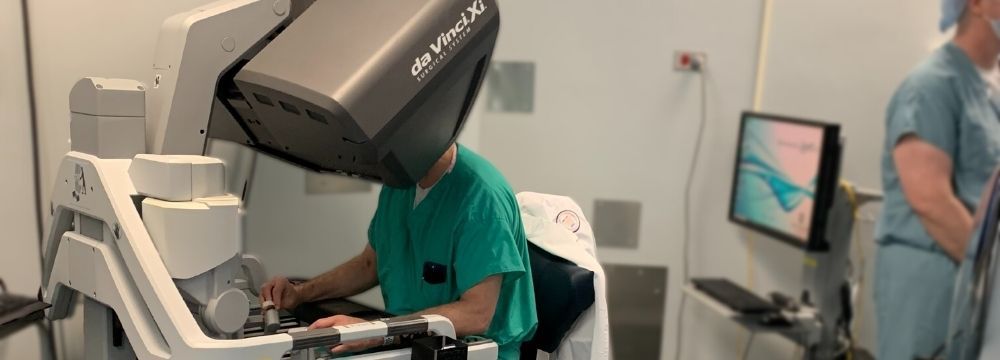
Click here to read Dr. Forrest Ringold’s contributions to the SynchroSeal paper regarding Novel multifunctional robotically assisted bipolar instrument for simultaneous radiofrequency sealing and transection: preclinical and single‑center experience.
Congratulations Dr. Forrest Ringold on getting published in BMC Surgery!
Overweight, Yet Malnourished? Not Only Possible but Common.
When patients are overweight, it is easy to assume they are getting the nutrition they need in the form of vitamins and minerals in abundance — in over-abundance even. However, many patients with excess weight are shocked to discover they may be malnourished.

Proper nutrition and calories do not necessarily go together. You can consume thousands of extra calories a week, and they may not contribute one bit to your overall health or nutritional status. For example, empty calories often found in white bread, white rice, processed sugar, and more don’t offer much in vitamins and minerals. Instead, they may only serve to pack on the pounds and set us up for heightened sugar cravings in the future. On the other hand, very low-calorie, nutrition-dense foods such as certain vegetables, fruits, and lean proteins offer many vitamins and minerals that can keep us healthy and reduce excess weight.
Are New Beef Substitutes Any Better Than Red Meat?
One of the biggest food trends over the past several years has been the explosion of vegetarian, non-animal-product meat substitutes. Known by several brand names these substitutes have been touted as a healthier alternative to red meat. However, are these meat substitutes truly any better for you, and how should you consume them?

It is important to remember that red meat itself is not necessarily bad for you. Lean red meat, straight from the butcher, ideally pasture-raised and eaten in moderation, is a great source of protein and provides amino acids that a vegetarian diet simply cannot. Of course, for many of us, this meat also tastes fantastic. Bonus! It is the overconsumption of red meat that can have detrimental effects. Certain cuts of meat are high in saturated fat. Many meats are highly processed, and this has been linked to cardiovascular disease, type-2 diabetes and more. This is especially true for everyone’s favorite dish, the hamburger.
The Psychological Component of Recovery After Surgery
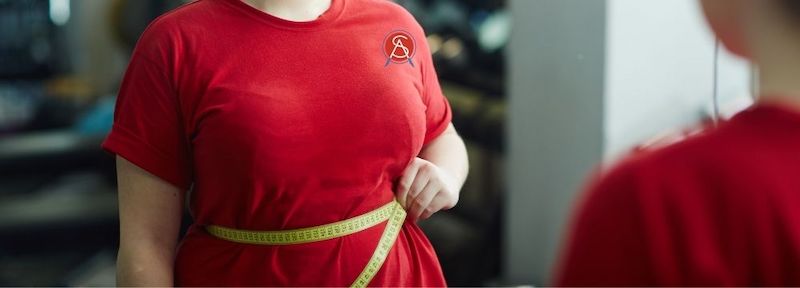
We have our postoperative paperwork, our check-sheets, our prescriptions, and lots of phone numbers in case we need something. More importantly, we have our comfy chair, maybe someone to wait on us with our favorite smoothie, and uninterrupted Netflix.
This is the recovery period after bariatric surgery.
But during this time, it’s not only our vitals, and maybe the pounds on the scale, that we need to keep an eye on. The first, and maybe most obvious fact, is that you’ve undergone true physical trauma. You may not be feeling any pain, or might be quite mobile, but your body has undergone an intense physical change and needs to recover. You are coming off medication and anesthesia – these alone requires an adjustment period.
Ways to Improve Your Body Image

We are often told the first step in reaching emotional stability and a sense of well-being is to “love yourself.” One can wonder if the person that came up with this ever truly struggled with a broken sense of self. There’s probably not a person around who wouldn’t love to love themselves, but sometimes, for those of us that have struggled with body image issues and the lifestyle habits and social behaviors that stemmed from them, loving oneself is a lot harder than most will know.
Ways to Reduce Your Risk of a Hernia
With over 1,000,000 hernia operations performed every year and millions of other hernias going untreated, either because patients live around their hernia or their hernia is not readily apparent, prevention is even more important. To fully discuss how to prevent a hernia, it is important to understand what exactly a hernia is. Hernias are defects in the fascia of the abdomen – a thin but very strong layer of tissue that with muscles, makes up the abdominal wall. If there is a defect in the fascia, this may allow the contents of the abdomen to push through, which may lead to further problems.

Dealing With Plateaus After Bariatric Surgery
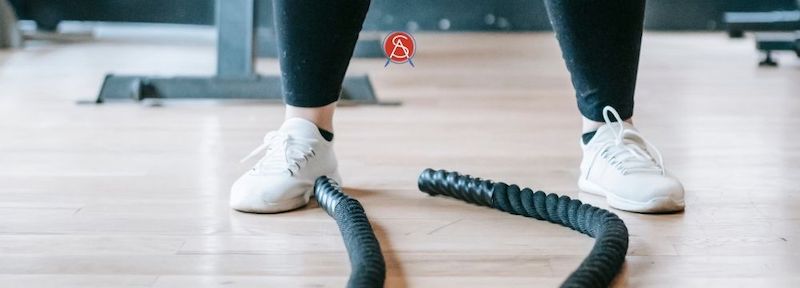
Unfortunately, with bariatric surgery or not, we will always experience setbacks in our quest for better health. At times when progress slows, we can feel like failures. Nothing is more frustrating than plateauing after bariatric surgery, having had months or even years of consistent weight loss. However, before we get into how to manage plateaus, it is important to remember they are perfectly normal, and you should not feel like you failed or take drastic measures to overcome them. Rather, we have a few practical tips to help you work through them and get back to your weight loss progression.
To understand how to break through a plateau, we need to understand what they are and how they are caused. Continue reading
Five Ways to Reduce Your Sugar Intake

Glucose is a necessary part of life. It sustains every cell in our body and without it we would not be able to survive. However, with diets worsening in the United States and around the world, excess glucose in the form of added sugar has become a primary culprit in many of the worst metabolic health problems. While men and women should consume about 13 teaspoons of sugar per day, the actual number is closer to 42. This means over the course of a year, the average person can gain a significant amount of weight simply from their sugar intake. Furthermore, sugar is often hidden in labeling as sugar alcohols, high fructose corn syrup, glucose, fructose, and more.
What Your Stool Says About Your Colon Health
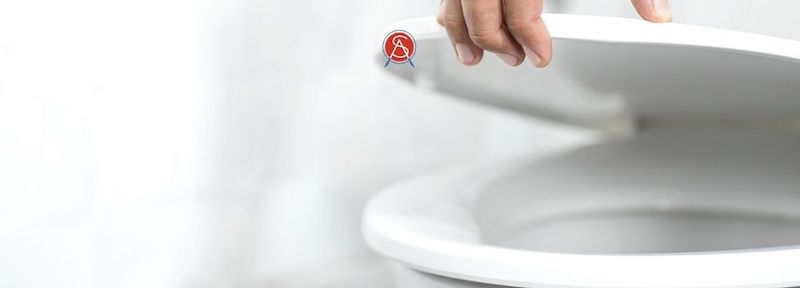
Between individuals, and even between bowel movements, “normal poop” can be very different. However, there are general hard and fast rules about how your stool should look to make sure you keep your colon in top shape. It is also worth remembering that your intestinal health plays a huge part in your overall health as well. If you are having digestive issues, there may be underlying health problems we need to discuss and address. With that being said, most issues involving the color composition of stool revolve around three key issues – hydration, fiber consumption and illness, whether bacterial or viral.
Dr. Forrest Ringold and SAMPA – The First in AL to Use Titan SGS Stapler
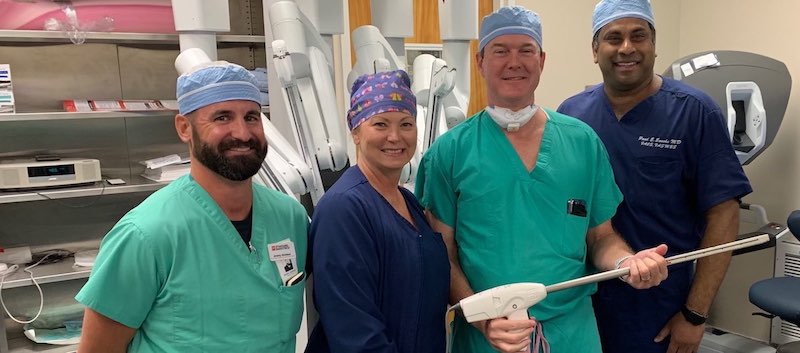
As part of our goal of improving bariatric surgery for our patients, Dr. Forrest Ringold and SAMPA are excited to announce that we were the first in Alabama to perform a sleeve gastrectomy using a newly approved stapling device known as the TITAN SGS™ made by STANDARD BARIATRICS® in Cincinnati, OH.

